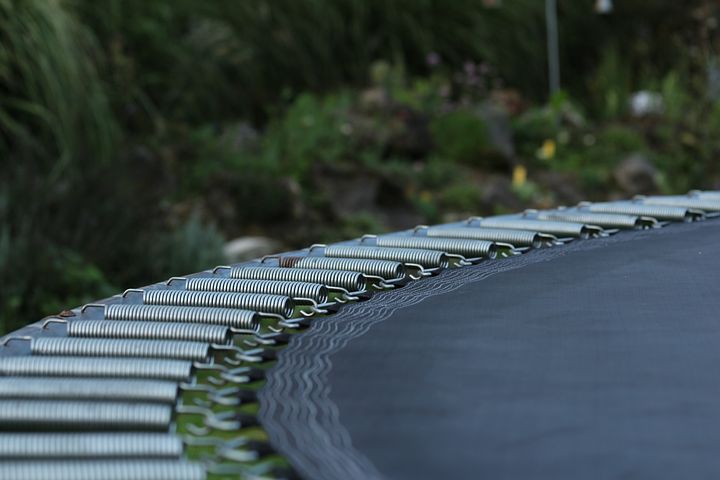I recognize that this will seem impossible given my remarkably young age (ahem), but I'm currently in the throes of competing my 28th semester of teaching at the collegiate level. You learn some useful lessons when you complete an activity 28 times. For example, I've learned that no matter how smoothly a semester wraps up, the process always takes something out of you. If you let it, it'll deplete you to the core, which is why it's not uncommon to end a semester and immediately experience a total immune system collapse. That's never fun.
Thankfully, there are several tips that can help you to finish strong.
Thankfully, there are several tips that can help you to finish strong.
Stay Organized. I've joked with my students that the end of a semester is like triage. You're required to move briskly between All The Things, treating the most urgent cases, reviving what's fading, and minimizing casualties. Everything vies for your attention at once, and when this occurs it's easy to grow disoriented. My mind becomes like a bulletin board covered with post-it notes with a high-powered oscillating fan blowing on it. Every thought is flapping in the breeze, dangerously loose, capable of being whisked away and eternally forgotten.
That's why it's so essential to stay organized. I write lists with incremental goals so I have concrete incentive to maintain a productive grading pace. I create distinct blocks of time to check and reply to email so it doesn't morph into a perpetual, yet halfhearted, task. I (mostly) abstain from social media. I plan easy dinners that don't require much thought or effort.
Order is a powerful antidote to being overwhelmed.
Remember Self-Care. I'm not perfect, but I aim for a baseline of three self-care goals when a semester ends: maintain regular exercise, get 7 hours of sleep each night, and stay hydrated. This not only keeps a semblance of routine, but it also keeps my body functioning. Short breaks -- like a walk around my building when I'm on campus or around my yard when I work from home -- stave off computer-screen fatigue, restore energy, and provide helpful diversion.
As Mr. Miyagi once wisely said, "Don't forget to breathe. Very important."
Set Clear Boundaries. In my final classes as we're wrapping up logistics, I relay an example from the reality show, Survivor. At the end of each episode, Jeff Probst, the host, says, "Once the votes are read the decision is final. I'll go tally the votes." His statement is definitive; it's not the time for negotiation. Similarly, I explain, once final grades are posted, the decision is final. I don't fulfill last-minute special requests for extra credit. I'm not swayed by students' unexpected discoveries that they need a certain grade to get accepted to this internship or that graduate/med/business school. I don't entertain Hail-Mary questions like, "What is my grade and how can it magically become an A?"
And -- I explain to my students -- I do this out of fairness, consistency, and integrity to standards, not from a lack of kindness or empathy. Every single time, I observe students nodding as I speak. They understand the game, after all. When I proactively set boundaries in a firm, yet neutral, way, they also accept that I don't play it.
This simple talk makes the end of a semester so much easier! It's significantly less draining to calmly explain this principle to a classroom full of students up-front than to receive multiple emotionally draining and personalized emails with the subject line "Final Grade" later.
Once the grades are tallied, the decision is final. I'll go tally the grades. Clear expectations and boundaries for the win!
And those, my friends, are my end-of-semester survival tips. I will now be grading until I die, come to my senses, give up, or reach the bottom of the multiple stacks. I'm banking on the latter option. It's almost in the books. Here's to the close of another semester!







